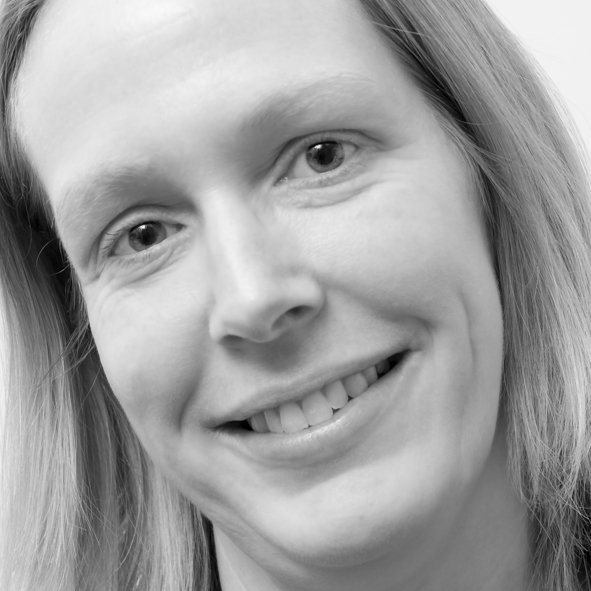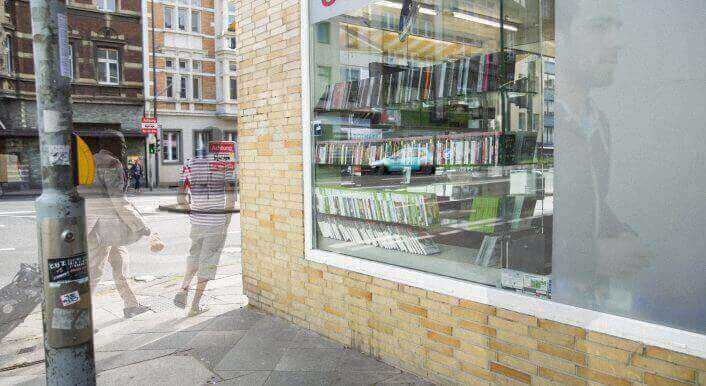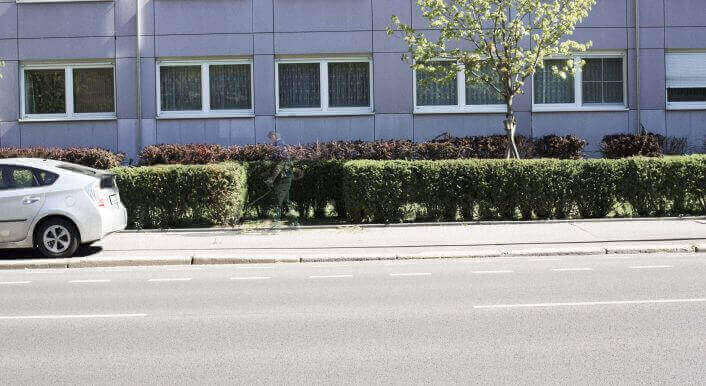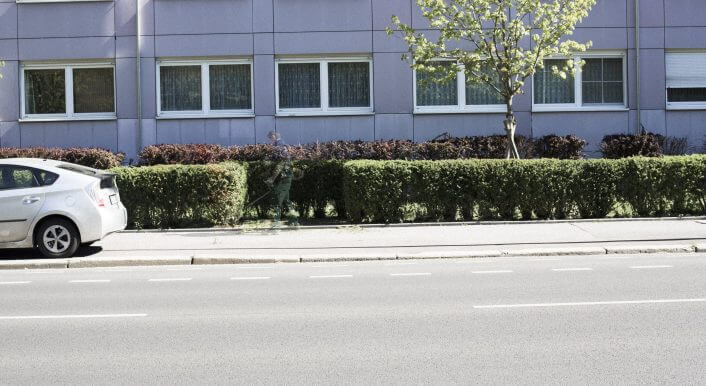There Will Always be Invisibles
Eight years ago, the European Union had not yet closed off its outside borders with high fences, infrared cameras, satellites and drones. Even then, Maren Wilmes thought that closing the borders was wrong. This exacerbates illegal immigration, she wrote in her study entitled “Undocumented People in Cologne”.

Migrants go to wherever they see a chance to improve their lives. States, regions and international unions may be able to close themselves off in an attempt to secure their own social standards. But the people who manage to cross the border, offer their own labor power for cheaper and do without social security meet a demand: this is often in the cleaning and care sectors, in the meat and construction industries, in restaurants and child care. Working in the shadow economy here is still more profitable than at home. That makes illegal immigration attractive.
Julian Jestadt spoke with Maren Wilmes. She is a social education researcher at the Institute for Migration Research and Intercultural Studies at Osnabrück University.
Ms. Wilmes, if immigration is attractive but is restricted, will there always be irregular immigration?
Maren Wilmes: Yes, irregular migration and irregular residency are an unwanted but unavoidable byproduct of immigration policy. The only questions are: how large should this group be, how large do we let it become? Who do we pull out of illegality – and who do we not? And how do we enable the irregular people living here a residency that allows them to go to the doctor without fear and send their children to kindergarten or to school without worrying that they could be caught?

Maren Wilmes
There are no reliable numbers for these people. That is due to the nature of the issue. What we know: there are hundreds of thousands, maybe more than a million people, who live in Germany without documents. They count as illegal or irregular. What does that mean?
According to the residency law, people who do not have a right of residency status are in Germany irregularly. That means they don’t have a residency permit, are not tolerated or have a temporary residency permit – so according to the law they have no right to live in Germany.
How is that possible?
I would distinguish between three very different pathways: first there are the people who enter the country regularly with a visa but decide to overstay it and not leave. Secondly, there is a group of people that is very difficult to locate, they cross the border in secret and become irregular as soon as they enter the country. And thirdly, there is the way of going through an asylum procedure – many go into hiding at the latest when the request for asylum is denied, some people also disappear earlier.
What reasons do people in the first group have who overstay their visa and stay?
They enter the country with a tourist visa, a visa for a language course, to study or as an au pair. If they stay longer, they become so-called „overstayers“. It is certainly often an attempt to find work in the shadow economy. Despite their irregularity, these people see greater chances here than in their home country. Sometimes family is also a reason. I know about cases with Turkish nationals: the grandparents want to be with their children or grandchildren who live here. Or they are brought over because no one else would take care of them if they family has emigrated.
What do you know about people who enter the country secretly?
That’s difficult. Those are also primarily people who want to work and earn money in Germany – often for their families back home. Some of them have destroyed their documents before or after crossing the border so that they cannot be deported to a home country in case they are caught. In addition – and this has increased in recent years – there are refugees who never even apply for asylum. This is often because they are afraid of being deported to another EU country on the basis of the Dublin III regulation – to the country that they first entered or where they might already be going through an asylum procedure. Some also know or believe that they don’t have any chance for receiving asylum, for instance because their home is considered to be a safe country of origin. They remain in illegality due to a lack of alternatives. Another significant group comprises victims of human trafficking.
And why do people shift out of asylum procedures into irregularity, on the third pathway?
Asylum seekers whose request has been denied do this to escape the imminent threat of deportation. But there are also asylum seekers who are still going through the procedure but do not see any prospects, they leave their regularized status and go into hiding. Or they are people who have been tolerated for many years but have no prospects, who have to live every day with the threat of deportation. These people constantly live with the fear of losing their status – they anticipate this and take action.
People who go into hiding don’t report to the authorities anymore, don’t cross any border officially and move home. As far as the authorities are concerned, these people are invisible – that means a life without rights.
These people compare their situation with life in their home country; despite their irregularity they see better life prospects and chances in Germany. If they manage to earn money on a relatively constant basis, it is certainly possible to live a largely „normal“ life here, to rent a little apartment, even to send the children to school and to get access to simple or necessary basic medical coverage through the Medinets, the Maltese Migrant Medicine or the health authorities. The problems can mainly be seen in daily life. Their movement around the city is restricted, they can’t attract attention, can’t cross the street at a red light and must always buy a ticket for the subway. If they don’t manage to make money on a regular basis they are left with nothing, as if they were standing on a cliff and could fall down at any time. People who lead a regularized life would fall into the social safety net that catches them. There is no such net for undocumented people. The fear of falling is a constant companion. But there is a great variety within this group: some people master their irregular residency, others fall into existential trouble.
Are there possibilities for leaving a state of illegality in regard to the right of residency and leading a normal life here?
Basically none. People can make an application for asylum in the hope that it will be recognized – but many do not have a chance. They can marry a German. Or they can receive a residency permit through the Hardship Commission. But even on these paths the chances are very slim.
Why does our residency law exclude so many people?
Immigration must be regulated in a welfare state such as the Federal Republic of Germany. But the current immigration policy creates a difficult situation: the door is opened for highly qualified people, they are even sought out, while people with few qualifications are excluded. But we can see that many people work in the shadow economy. That means: there is a demand for these workers. So we should also allow them to immigrate. At the moment, the law only regulates how immigration should be restricted, not how it should be shaped. It is also not possible to come here as an asylum seeker and stay as a labor migrant, even though many asylum seekers have a qualification or a university degree. Our residency permits are categorized too strictly for that to be possibly. But reasons for residency can change in the course of the migration biography, they don’t always fit into categories. In Sweden, for instance, it’s possible to change between reasons for residency, but in Germany the residency law makes that impossible.
Translation: Noah Walker-Crawford
Editor: Florian Bickmeyer
Design: Thorsten Franke, Simon Jockers, Ivo Mayr



